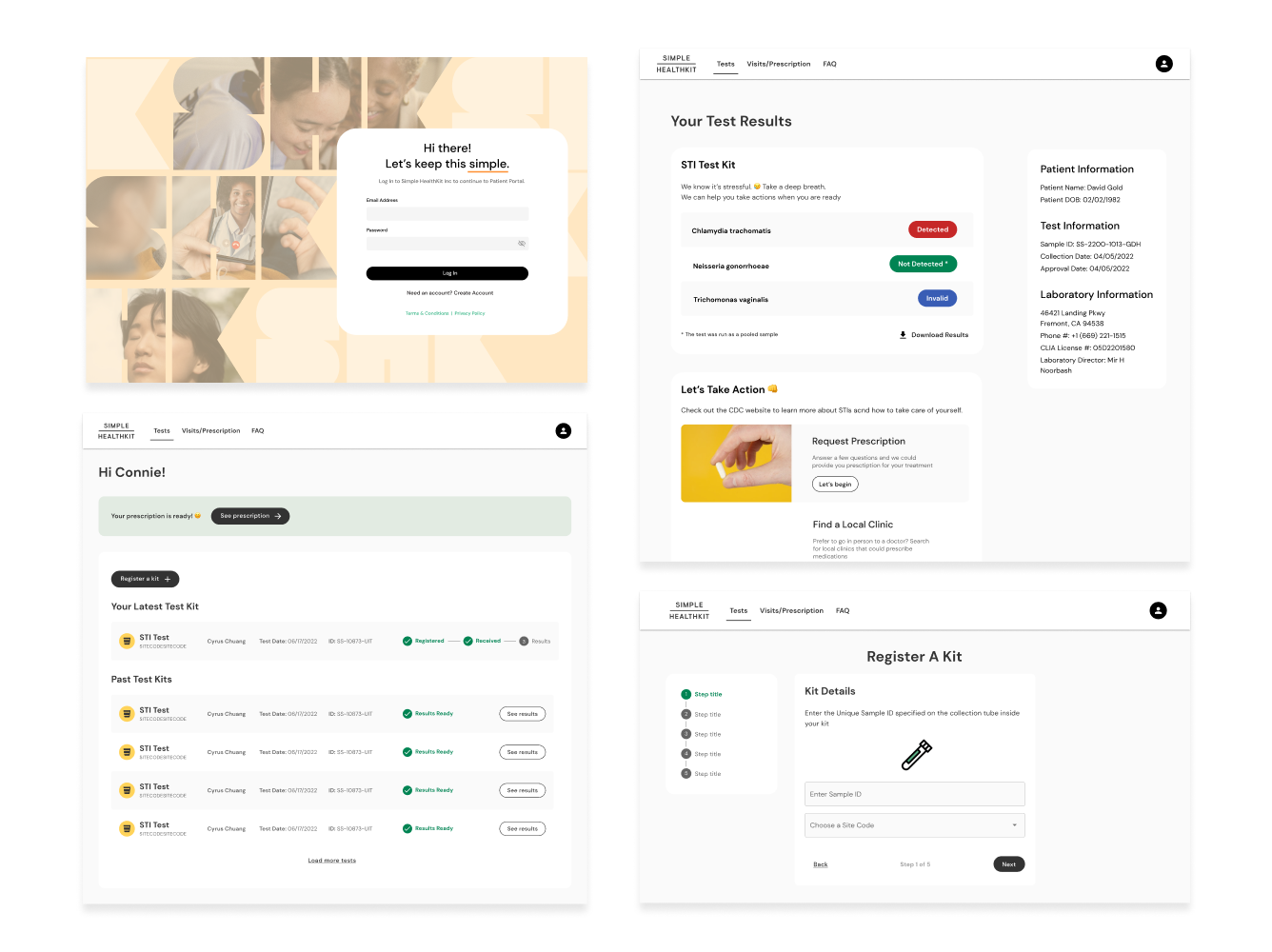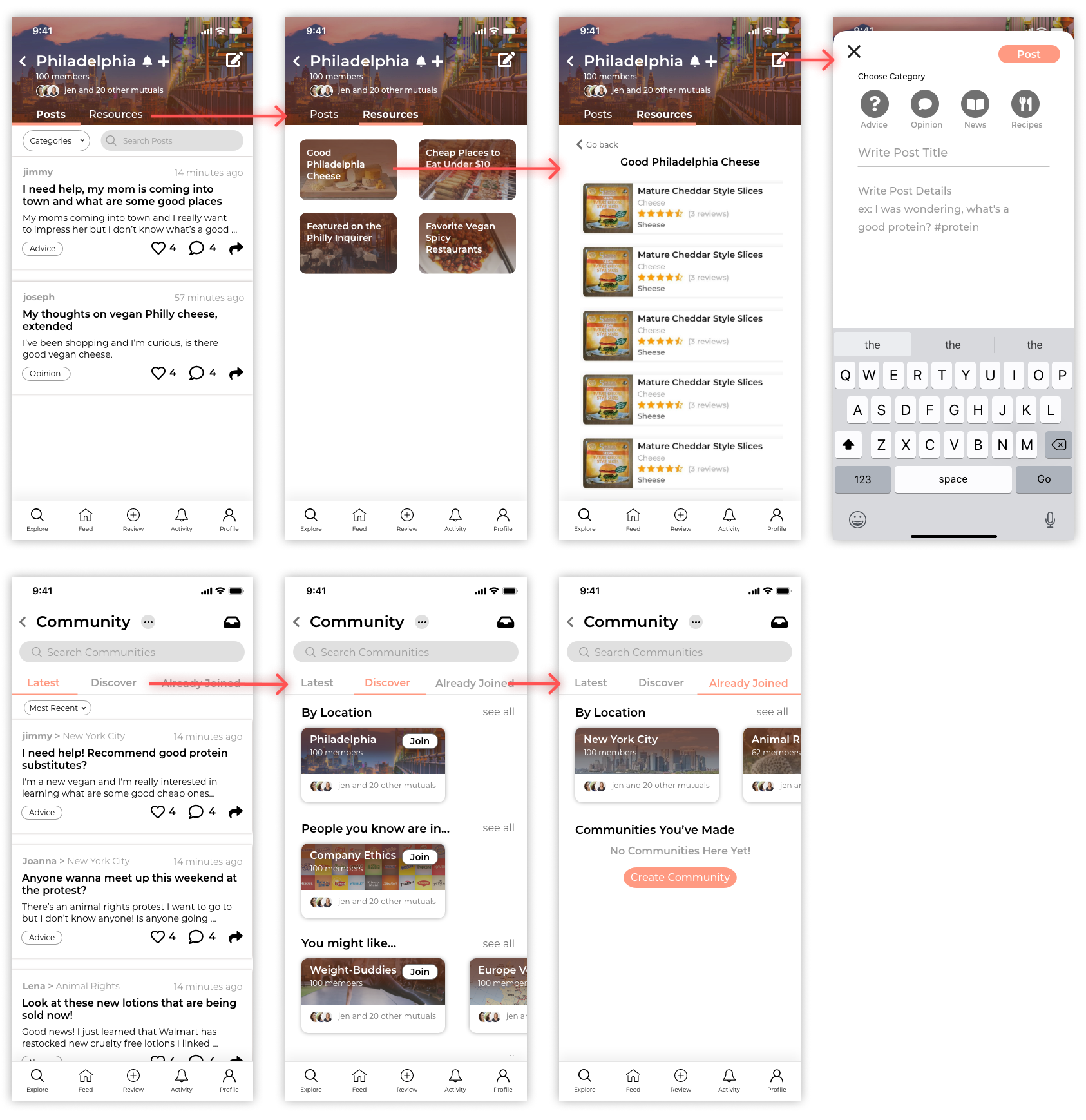I’ve also gotten the chance to work at several smaller startups (seed to Series A) and miscellaneous places like the NIH and a Cornell Tech Research group.
Reward Reports
The Reward Reports project was started for documentation of changes in AI systems. You can view the research report with some examples of Reward Reports here with some examples of their structure.
 View the video demo of the edit experience I designed here.
View the video demo of the analytics experience I designed here
View the video demo of the edit experience I designed here.
View the video demo of the analytics experience I designed here
Mintlify
Seed-stage startup focused on documentation (2M, funded by Bain Capital Ventures). Set up the design system (complete with variants and modularly setup with nested base components) using Storybook and the current product as a guide. During the time I freelanced there was no designer working there.
View the design system file here.
Dreambound
Seed stage startup focused on matching students to vocational training programs. Set up the design system using Storybook as a guide with modular base components. Worked on designing various usability improvements and other UI design work. During the time I freelanced there was no designer working there.
Simple Healthkit
Series A startup focused on cheap rapid testing for healthcare funded by Kleiner Perkins. Designed the MVP test kit registration experience with another designer which was presented to clients.

RDV Green
Won third place at Rough Draft Ventures (General Catalyst) Hackathon after 5 hours of prototyping! Not freelance but a personal passion project.
Sustainability tracking is an overdone idea - and I wanted to avoid the key pitfalls I saw in EarthHero, Joro, and Capture:

- Too much energy on quantifying the carbon footprint of existing - instead of measuring the current harm, instead I wanted to focus on actionable goals towards a generalist sustainable lifestyle.
- Especially since some actions may be outside of a user’s hands (aka their commute or energy provider)
- Doesn’t encourage the user to return to the app - often times they introduce all the possible actions at once with paragraphs of detail, making it stressful for those who find environmentalism a “high commitment” activity to consider taking action. I focused on gamifying actions as well as reducing the scope for a more clearcut intention behind the app.
abillion (2020)
The first startup and place I ever worked at doing UX design (raised 10M series A after internship)! There was no design system and everything was in Adobe XD. I shipped the reporting system and worked on a speculative product proposal centered around vegan communities leading design synthesis or 50+ survey responses and 8 interviews.
Read the case study here
